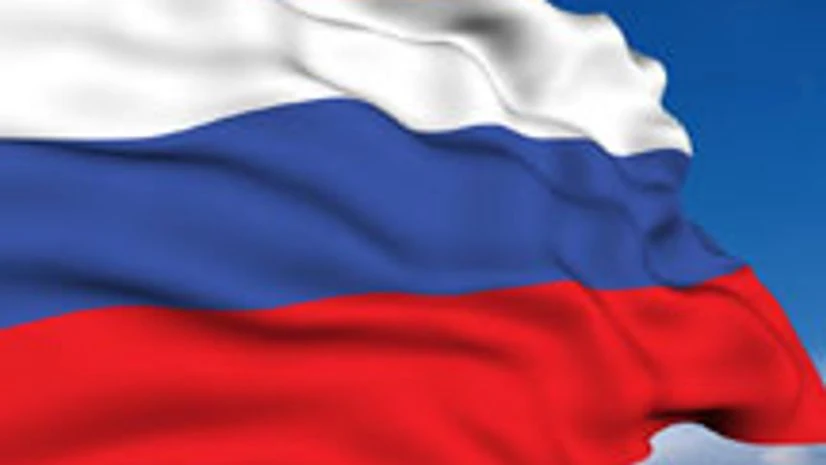The European Union today extended economic sanctions against Russia until January to keep pressure on Moscow over the conflict in eastern Ukraine, drawing a rebuke and a warning of retaliation from Russian officials.
An EU statement said the decision was taken without debate by the bloc's foreign ministers at a meeting in Luxembourg, in response to "Russia's destabilising role in eastern Ukraine."
The sanctions include limits to access on some financial markets, a ban on certain technologies and exchanges between the bloc and Russia in energy and defence sectors. Enacted last July and reinforced in September, the sanctions had been due to expire in July.
More From This Section
In response, Russia is expected to extend its ban on the import of many agricultural products from the EU, which was imposed as a countermeasure to the EU sanctions.
"Since they were extended, we will act on the principle of reciprocity," said Dmitry Peskov, spokesman for Russian President Vladimir Putin.
Fighting between Ukrainian forces and Russian-backed rebels has killed more than 6,400 people in eastern Ukraine and persists despite a ceasefire agreed in Minsk, Belarus, in February that calls for the pullback of heavy weapons from the front line.
The Russian Foreign Ministry said in a statement today it was "deeply disappointed that once again in the EU, the view of the Russophobic lobby has prevailed" in the extension of the "illegal restrictions."
The ministry said it was wrong to hold Russia fully responsible for the implementation of the Ukraine peace agreement and that the key to a settlement was in Kiev's hands.
The ministry also said "it looks particularly cynical" that the EU made the decision on June 22, the date in 1941 when Nazi Germany invaded the Soviet Union. Russia still holds memorial services on this day.
"We would like to believe that this is a coincidence, not a specially designed step," the ministry statement said. German Foreign Minister Frank-Walter Steinmeier said the extension of sanctions was already likely before Monday's gathering.
"In other words, all countries agreed," he told reporters during a break in the EU talks. "Because as long as the Minsk agreement is not fulfilled and also Russia has some responsibility for that, it was agreed that the measures would be extended.

)
